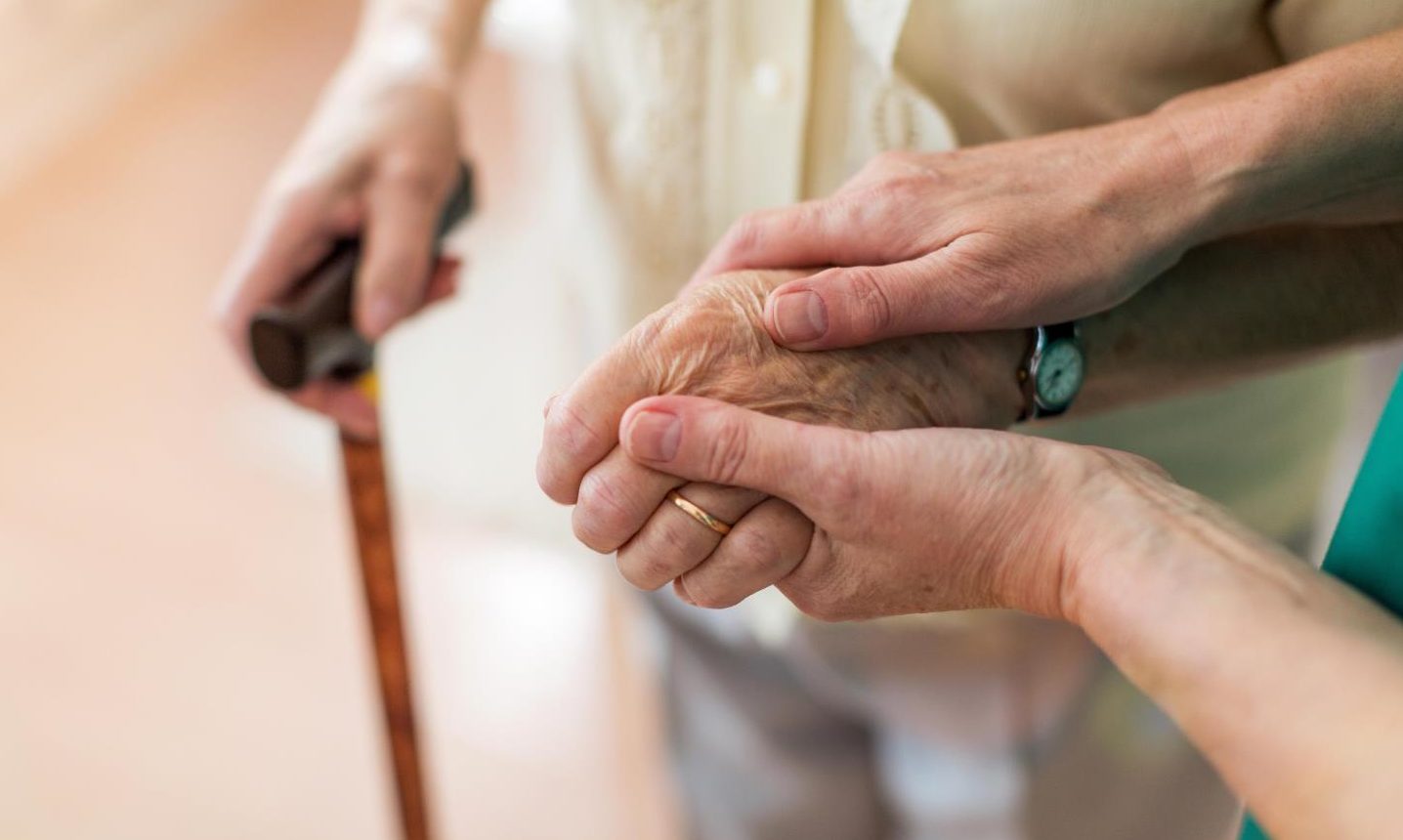Adult protection teams in Aberdeen have reported a 24% hike in self-neglect and hoarding cases, amid hundreds more people requiring help.
New stats show the city’s adult protection unit received more than 2,800 referrals between 2018 and 2020, up 18% on the previous two-year block.
The body says the hike is largely due to an increase in awareness, with home carers, care homes and charities the main source of referrals.
It works with a number of agencies, including the council, NHS Grampian, police and fire service to keep people from harm, violence and other dangerous situations.
The stats have been revealed in documents going before a meeting of Aberdeen’s integration joint board next week.
Types of harm reported
They show that reports of physical harm have increased significantly between the two periods, rising from 651 to 1,024 – now comprising more than one-third of all referrals.
Financial harm was the second-most reported, followed by psychological harm.
Increases of self-neglect and neglect, of 24% and 11% respectively, have also been logged.
This includes cases of hoarding, recognised by the NHS as when people collect items – often of little or no monetary value – in a “chaotic” manner, living in “unmanageable amounts of clutter.”
The report notes: “Self-neglect and hoarding training led to the increase in self-neglect referrals as council officers and key partners learned to navigate the tension between human rights and duty of care.”
The adult protection committee (APC) document revealed harm is most likely to take place in a “homely” setting.
In 47% of the referrals received, the “location of harm” was listed as the adult’s own home. When including care homes, this jumped to 76%.
But bosses have stressed that the “majority” of these relate to incidents between care home residents which are at the “low end” of severity.
Age demographics
More than 30% of total referrals received between 2018-2020 were for individuals over 65-years-old, with around half of these relating to people with dementia.
The size of this age bracket has increased by one-quarter since the last report, with bosses noting: “Older adults are at particular risk not only because they live with multiple health conditions but also because of the impact of ageing and their potential reliance on others for care and support.”
Additionally, women accounted for 54% of referrals – marking a similar gender divide to what has been seen before.
Case outcomes
During the two-year period, more than 50% of the referrals received by the APC required no further action.
The report explains this could be due to concerns not being “evidenced or substantiated,” services already being in place, or not being required at all.
Of the total received, 32% met the “three-point test” which must be carried out under adult support legislation.
This stipulates that adults must be unable to safeguard their own wellbeing, be at risk or harm, and be affected by a disability, disorder or illness making them more vulnerable to harm.
Health chiefs noted the number of screenings not completed by the statutory three-day deadline has almost doubled – rising from 217 to 420.
Their report said: “Our aim will always be for as much screening to be done as possible within the stipulated timescales however we also acknowledge that some cases are so complex that they will always require more time to work their way through the procedural sequence.”
City’s spirit ‘shining through’
APC convener Sheena Gault said she is confident the team has the “commitment, expertise and leadership” to continue making a difference in people’s lives.
She added: “Sadly, it is likely to be the case that the impact of lockdown restrictions will be greater on those individuals whose wellbeing and resilience are less robust.
“It is also likely that the vulnerable members of our local communities will be at greater risk of harm.
“As difficult as these past months have been, it is heartening to see or hear of the many different collaborations, activities and initiatives that have been put in place by organisations, communities and informal networks of friends and neighbours.
“If nothing else, this current adversity has enabled the spirit and resilience of our city to shine through.”

